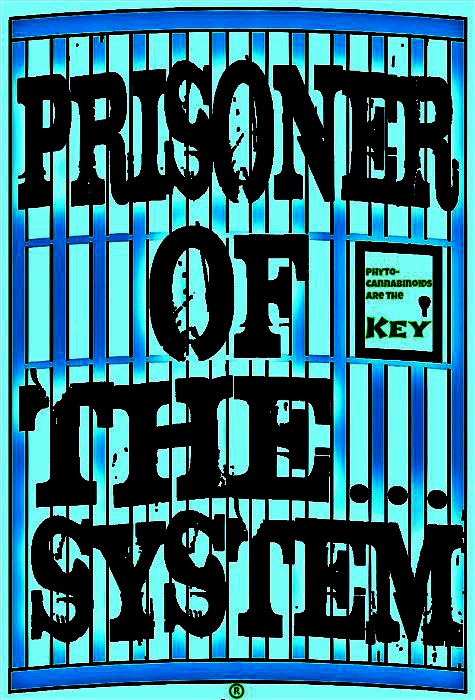2005;(168):627-42.
Effects on cell viability.
Guzmán M1.
Abstract
 Cannabinoids are known to control the cell survival/death decision, leading to different outcomes that depend on the nature of the target cell and its proliferative or differentiation status. Cannabinoids induce growth arrest or apoptosis in a number of transformed cells in culture. They do so by modulating key cell signalling pathways involved in the control of tumour cell fate. The best-characterised example is cannabinoid-induced apoptosis of glioma cells, which occurs via sustained ceramide accumulation, extracellular signal-regulated kinase activation and Akt inhibition. In addition, cannabinoid administration inhibits the angiogenesis and slows the growth of different types of tumours in laboratory animals. By contrast, most of the experimental evidence indicates that cannabinoids protect normal neurons and glial cells from apoptosis as induced by toxic insults such as glutamatergic overstimulation, ischaemia and oxidative damage. It is therefore very likely that cannabinoids regulate cell survival and cell death pathways differently in tumour and non-tumour cells. Regarding immune cells, cannabinoids affect proliferation and survival in a complex and still obscure manner that depends on the experimental setting. The findings reviewed here might set the basis for the use of cannabinoids in the treatment of cancer and neurodegenerative diseases.
Cannabinoids are known to control the cell survival/death decision, leading to different outcomes that depend on the nature of the target cell and its proliferative or differentiation status. Cannabinoids induce growth arrest or apoptosis in a number of transformed cells in culture. They do so by modulating key cell signalling pathways involved in the control of tumour cell fate. The best-characterised example is cannabinoid-induced apoptosis of glioma cells, which occurs via sustained ceramide accumulation, extracellular signal-regulated kinase activation and Akt inhibition. In addition, cannabinoid administration inhibits the angiogenesis and slows the growth of different types of tumours in laboratory animals. By contrast, most of the experimental evidence indicates that cannabinoids protect normal neurons and glial cells from apoptosis as induced by toxic insults such as glutamatergic overstimulation, ischaemia and oxidative damage. It is therefore very likely that cannabinoids regulate cell survival and cell death pathways differently in tumour and non-tumour cells. Regarding immune cells, cannabinoids affect proliferation and survival in a complex and still obscure manner that depends on the experimental setting. The findings reviewed here might set the basis for the use of cannabinoids in the treatment of cancer and neurodegenerative diseases.
PMID: 16596790 [PubMed – indexed for MEDLINE] Publication Types, MeSH Terms, Substances
Publication Types
MeSH Terms
- Angiogenesis Inhibitors/pharmacology
- Animals
- Antineoplastic Agents/pharmacology
- Apoptosis/drug effects
- Cannabinoids/pharmacology*
- Cell Proliferation/drug effects
- Cell Survival/drug effects*
- Humans
- Leukocytes, Mononuclear/drug effects
- Neurons/drug effects
- Neuroprotective Agents/pharmacology
- Signal Transduction
Substances
LinkOut – more resources
Other Literature Sources

